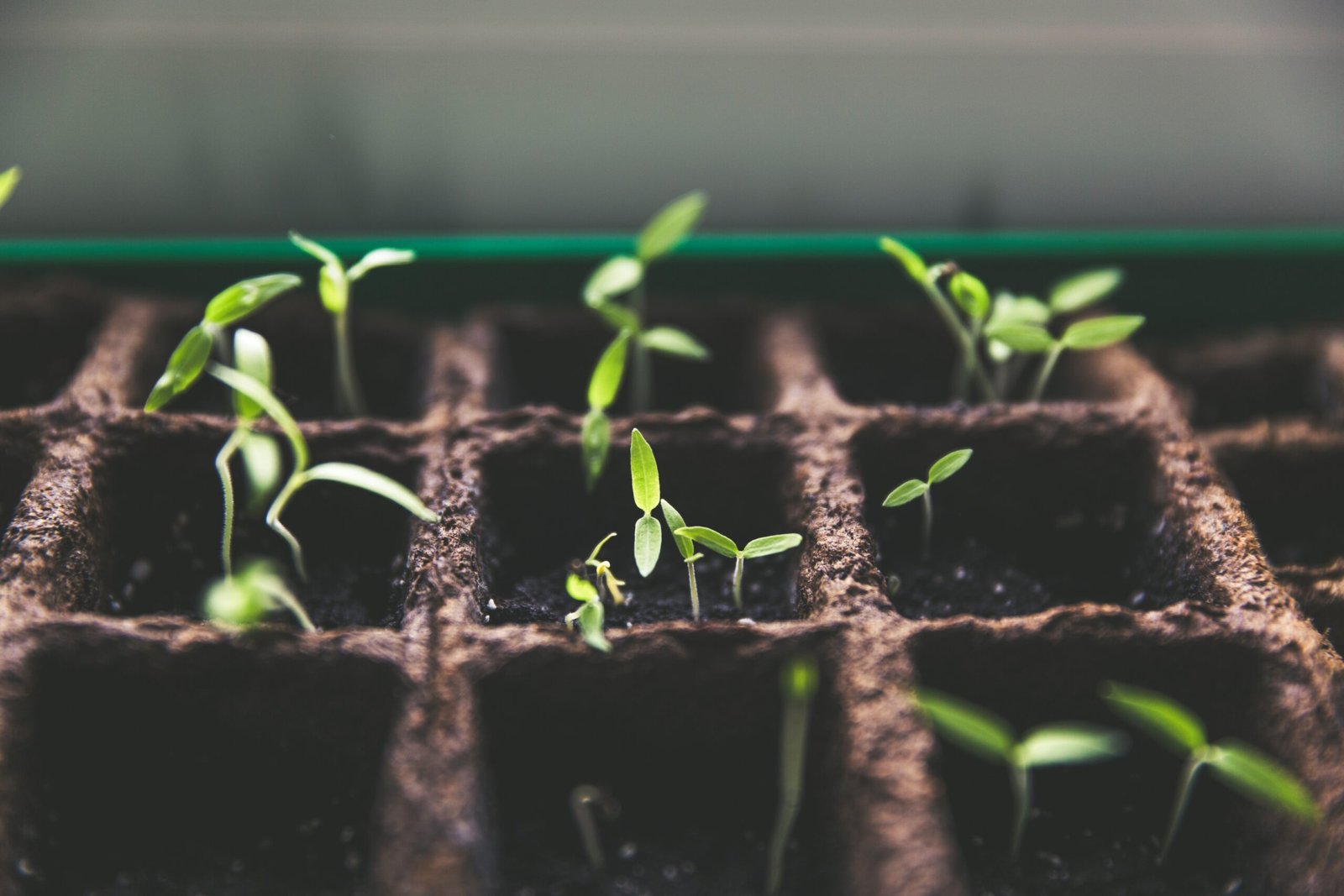The Importance of Soil Quality
Gardening is an art form that requires a solid foundation, and that foundation is the soil. Good soil is essential for the health and vitality of your plants. It provides them with the necessary nutrients, water retention, and proper drainage. Before planting, make sure to test your soil’s pH levels and amend it accordingly. Adding compost or organic matter will enrich the soil, helping your plants thrive.
Another important aspect to consider is soil texture. Sandy soil drains quickly but may not retain enough moisture, while clay soil holds moisture but drains poorly. Mix in organic matter to improve both types of soil. By ensuring you have good soil quality, you’re setting your garden up for success.
The Right Plant for the Right Place
Choosing the right plants for your garden is crucial. Consider the amount of sunlight your garden receives, the climate, and the specific needs of each plant. Some plants thrive in full sun, while others prefer shade. Some require more water, while others are drought-tolerant.
By understanding your garden’s conditions and researching the plants you want to grow, you can create a garden that is perfectly suited to its environment. This will not only enhance the aesthetic appeal but also ensure the longevity of your plants.
Proper Watering Techniques
Watering your garden is vital, but it’s important to do it correctly. Overwatering can lead to root rot and other issues, while underwatering can cause plants to wither and die. The key is to find the right balance.
Start by watering deeply but infrequently. This encourages deep root growth and makes your plants more resilient to drought. It’s also best to water early in the morning or late in the evening when temperatures are cooler, reducing evaporation.
Regular Maintenance and Pruning
A well-maintained garden is a thriving one. Regular maintenance tasks such as weeding, mulching, and pruning are essential for the overall health of your plants. Weeding prevents competition for nutrients, while mulching helps retain moisture and suppresses weed growth.
Pruning is another crucial practice. It not only shapes your plants but also promotes healthier growth and flowering. Removing dead or diseased branches prevents the spread of diseases and encourages new growth.
Embracing Sustainability
Gardening is not only about creating a beautiful outdoor space; it’s also about caring for the environment. Embrace sustainable gardening practices by composting kitchen scraps, using organic fertilizers, and conserving water.
By reducing the use of harmful chemicals and conserving resources, you’re not only benefiting your garden but also contributing to the well-being of the planet.
